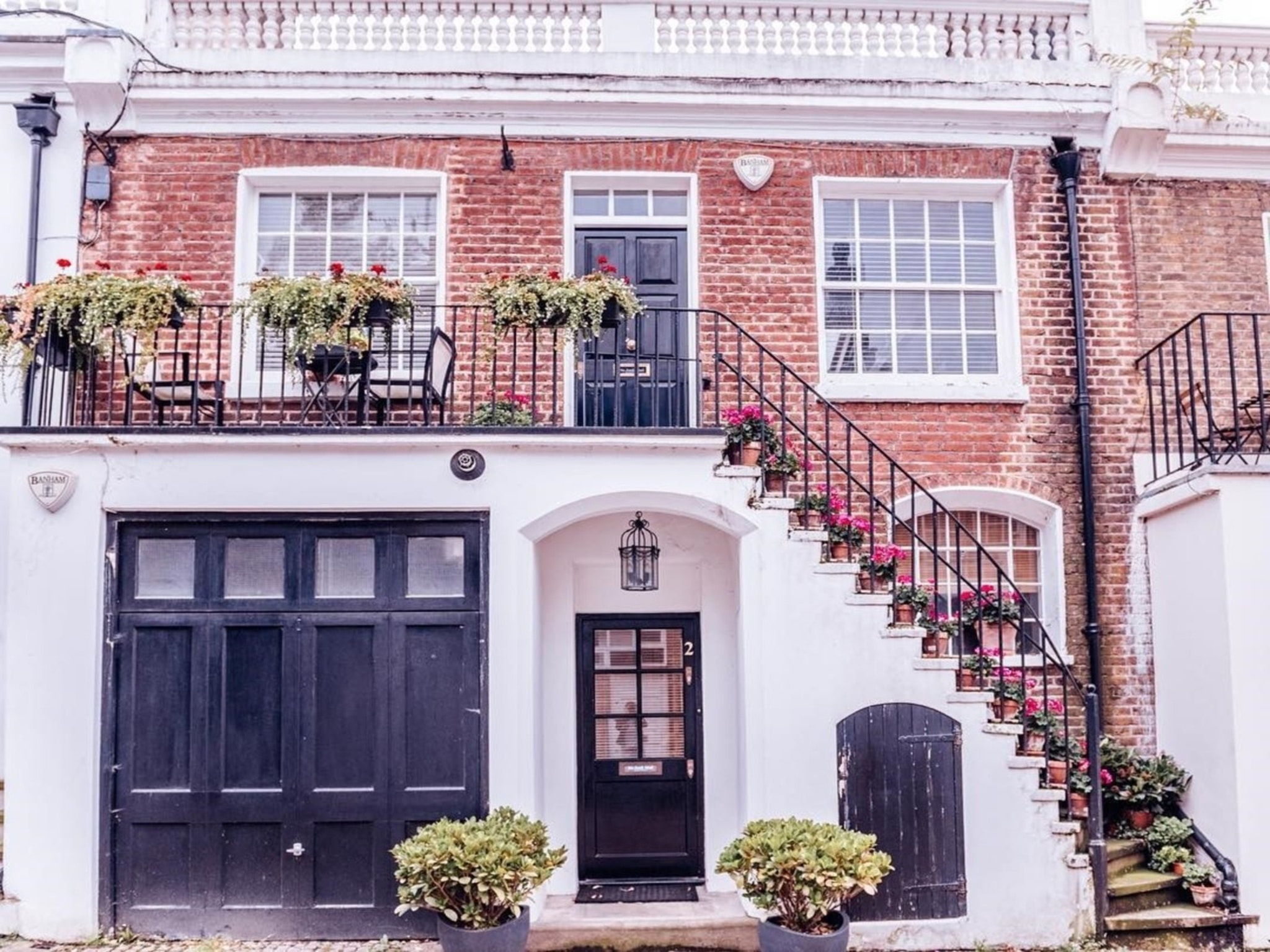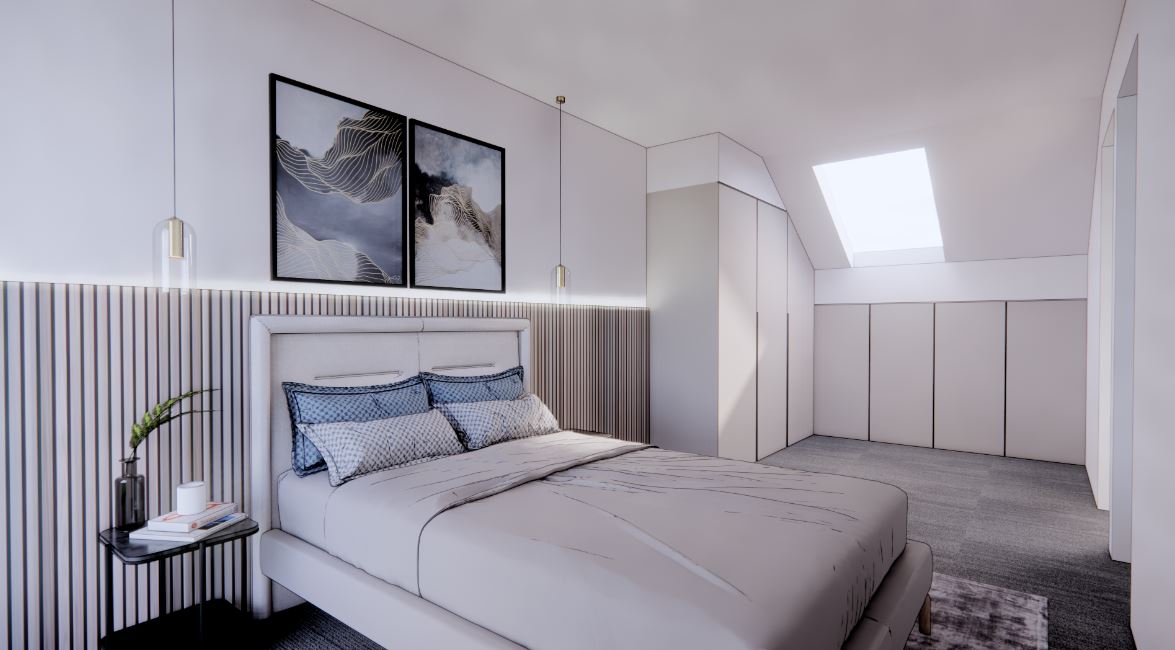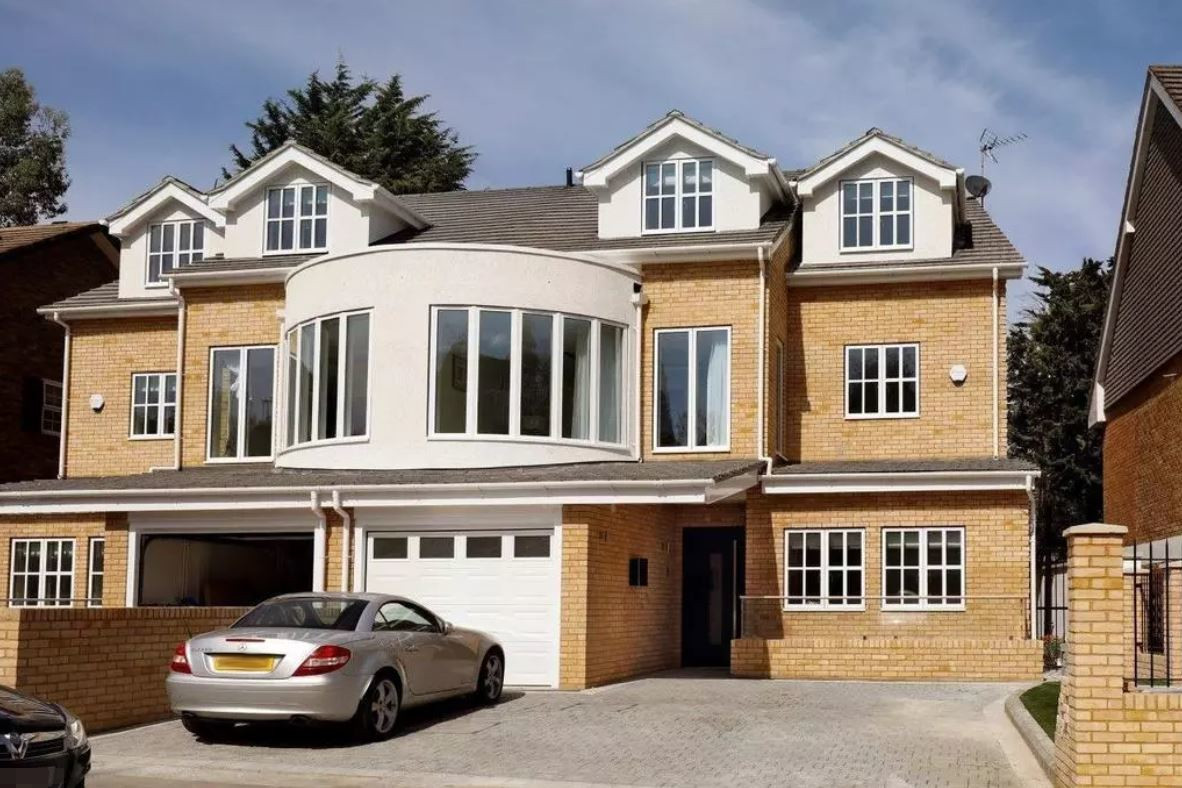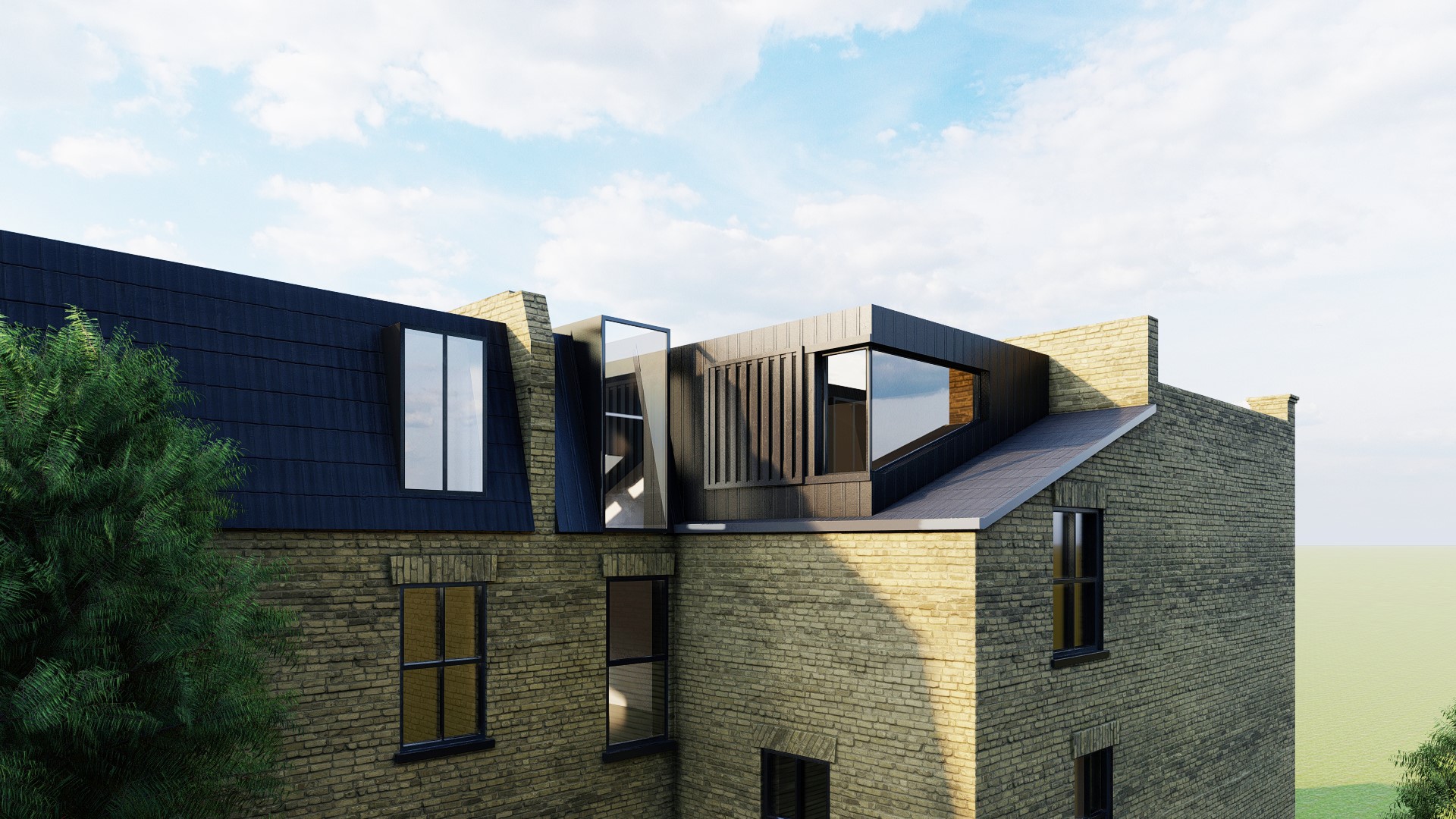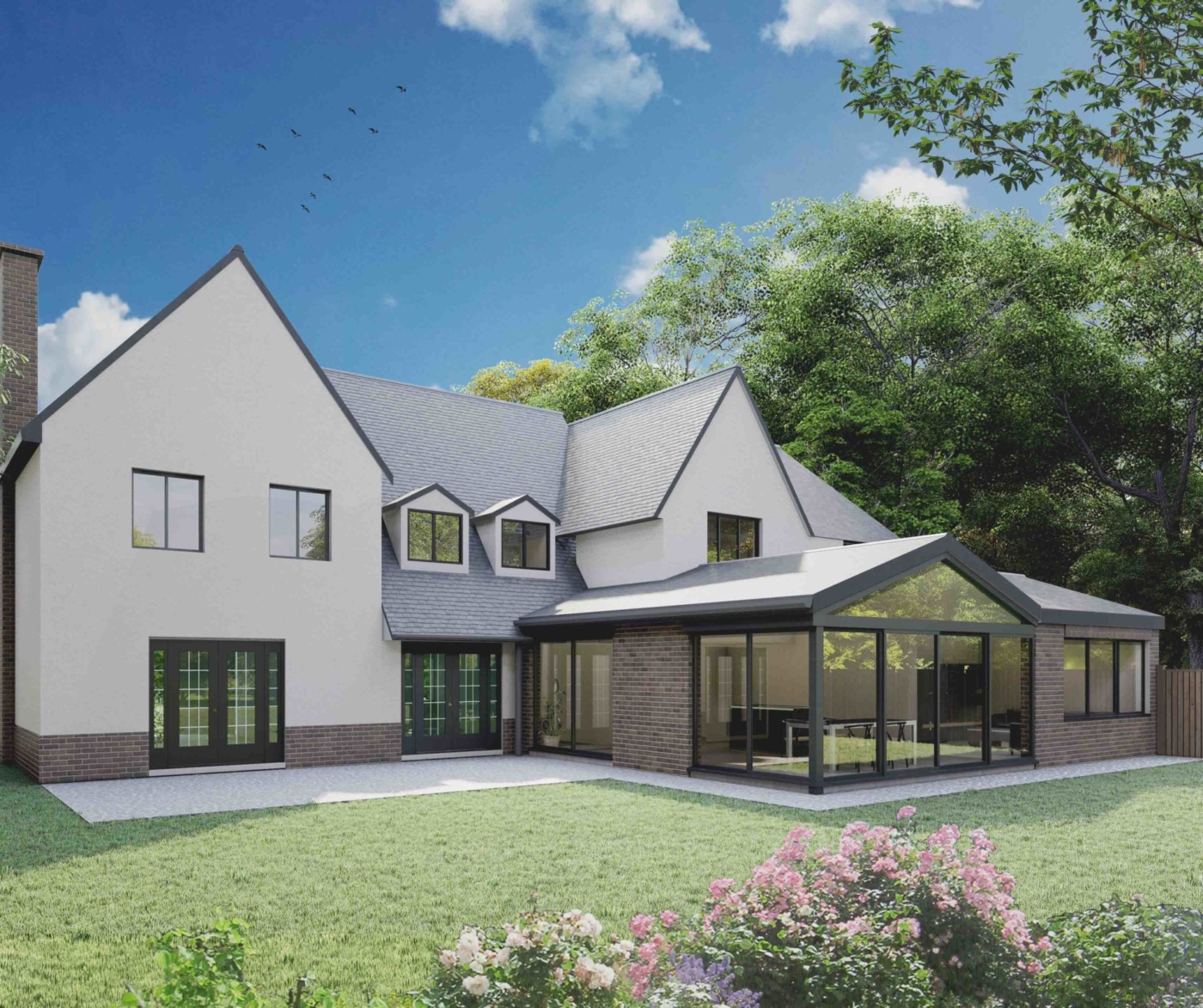HMOs are subject to a range of requirements and rules in the UK, which are designed to ensure that they are safe, comfortable, and suitable for their occupants. Here are some of the key requirements and rules for HMOs in the UK:
Licensing
HMOs in the UK are subject to licensing requirements, which vary depending on the size and type of the property. In general, properties with three or more storeys and five or more occupants from two or more households require a mandatory HMO licence. However, some local authorities may have additional licensing requirements for smaller properties.
To obtain an HMO licence, landlords must demonstrate that the property meets certain standards for safety, hygiene, and management. This may involve providing evidence of gas and electrical safety inspections, fire safety measures, and adequate bathroom and kitchen facilities. Landlords who fail to obtain an HMO licence may face fines, legal action, and restrictions on renting out their property.
Management
HMO landlords have a legal obligation to manage their properties in a responsible and effective manner. This includes ensuring that the property is safe and well-maintained, that repairs are carried out promptly, and that tenants are provided with appropriate information and support. Landlords must also have a written tenancy agreement and provide tenants with a written statement of the terms and conditions of their tenancy.

Safety
HMOs in the UK are subject to a range of safety requirements, which are designed to protect the occupants of the property. For example, HMOs must have adequate fire safety measures, including smoke alarms, fire doors, and emergency lighting. Landlords must also ensure that gas and electrical appliances are safe and well-maintained, and that any furniture provided meets safety standards.
Amenities
HMOs must provide adequate amenities for their occupants, including bathroom and kitchen facilities. The UK government recommends that there should be at least one bathroom and one kitchen for every five occupants, although this may vary depending on the size and layout of the property.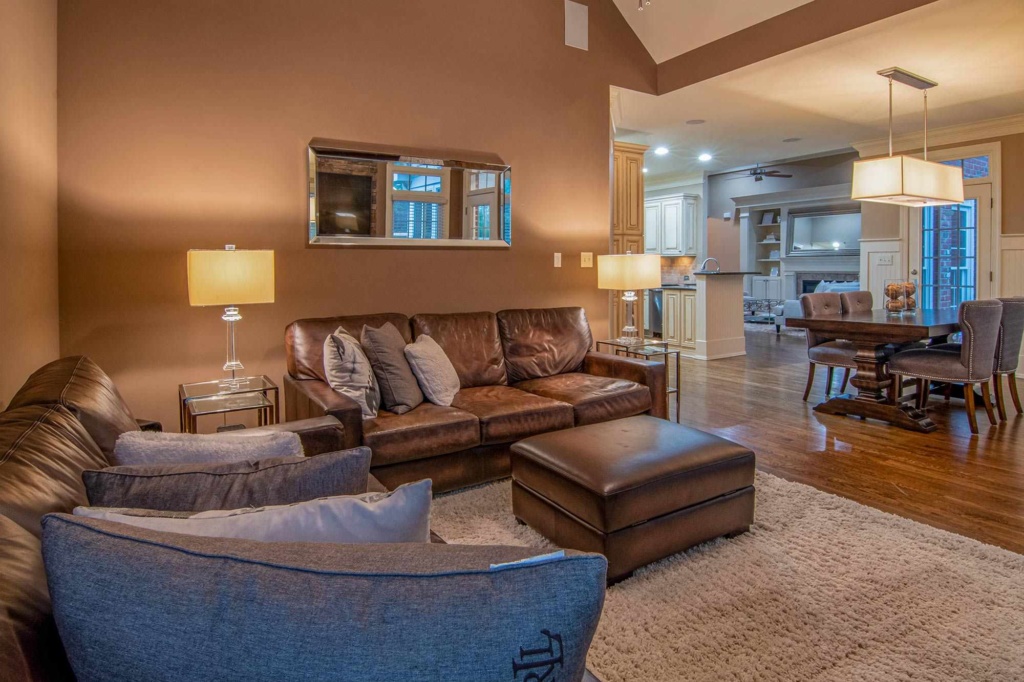 Occupancy
Occupancy
HMO landlords are subject to rules on occupancy, which are designed to prevent overcrowding and ensure that occupants have adequate space and facilities. In general, there should be no more than two people per bedroom in an HMO, although this may vary depends upon the size of the bedrooms and the property as a whole.
Tenant Rights
Tenants who live in HMOs in the UK have certain rights, including the right to a safe and well-maintained property, protection from eviction, and access to the dispute resolution process. Tenants may also be entitled to assistance with housing costs, such as housing benefit or universal credit.
In summary, Houses in Multiple Occupation (HMOs) in the UK are subject to a range of requirements and rules designed to ensure that they are safe, comfortable, and suitable for their occupants. HMO landlords must obtain an HMO licence, manage their properties responsibly, provide adequate safety measures and amenities, and adhere to occupancy rules. Tenants of HMOs have certain rights, including the right to a safe and well-maintained property, protection from eviction, and access to the dispute resolution process.


